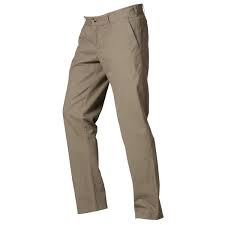中文词源
trousers 裤子
来自早期拼写形式 trouzes,来自苏格兰盖尔语 triubhas,紧身短马裤,词源同 trews,进一步词源 不详。插入字母 r 为习惯性俗化,比较 tweezers 来自 tweeze.
英语词源
- trousers
-
trousers: [17] Trousers is a Gaelic contribution to English vocabulary. Irish trius and Scots Gaelic triubhas (singular nouns) denote ‘closefitting shorts’. They were borrowed into English in the 16th century as trouse or trews. The latter form has survived intact, but trouse, through the influence of drawers, was expanded into trousers.
=> trews - trousers (n.)
- "garment for men, covering the lower body and each leg separately," 1610s, earlier trouzes (1580s), extended from trouse (1570s), with plural ending typical of things in pairs, from Gaelic or Middle Irish triubhas "close-fitting shorts," of uncertain origin. Early recorded use of the word indicates the garment was regarded as Celtic: "A jellous wife was like an Irish trouze, alwayes close to a mans tayle" [1630]. The unexplained intrusive second -r- is perhaps by influence of drawers or other words in pairs ending in -ers.
权威例句
- 1. His grey jersey and trousers were sodden with the rain.
- 他的灰色针织毛衫和长裤全都被雨水淋透了。
- 2. He was wearing a stripy shirt and baggy blue trousers.
- 他身着一件条纹衬衫和一条宽松的蓝裤子。
- 3. My hands, boots and trousers were plastered with mud.
- 我的双手、靴子和裤子上都沾满了泥巴。
- 4. Drips of water rolled down the trousers of his uniform.
- 他的制服裤子在不停地滴水。
- 5. He tried to tuck his flapping shirt inside his trousers.
- 他设法把飘起的衬衫塞到裤子里。

